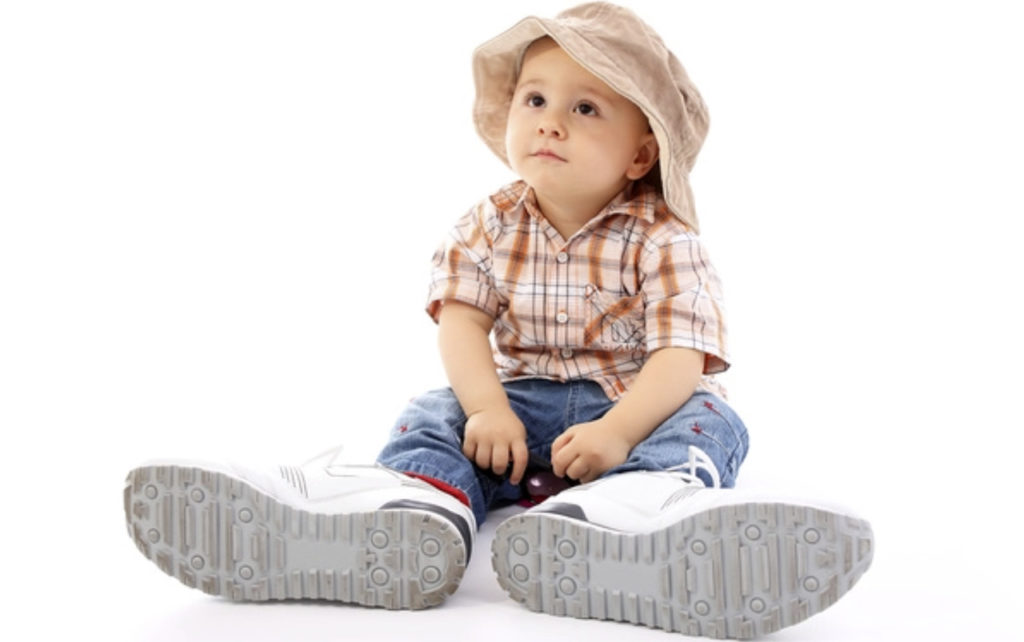
Jung said of the parent-child relationship: “Nothing exerts a stronger psychic effect upon the human environment, and especially upon children, than the life which the parents have not lived.” Jung understood that parents could unconsciously compel children to fulfill parental dreams or compensate for disappointments.
Parental shadow creates an urgency to purge, perfect, or prolong a psychic legacy. It may manifest by taking on a parental aspiration, making up for a parental deficit, rebelling against parental constraints, or being subsumed by parental dictates. When personal libido is tied to parental needs, energy for life is hijacked by anxiety, ambivalence, and ambiguity–and it is up to us to reckon with it.
If we do the work of differentiating from our parents, we discover ourselves. By doing so, we may truly redeem them and free ourselves. We serve life best by claiming it.
Here’s the dream we analyze:
“I am in what seems to be a decrepit apartment building, and I get the sense that the rooms of the building are interconnected and continuous. There are emaciated animals roaming the rooms, and there are two figures aside from myself: a large grotesque man sitting at a dining table and a tired-looking baker. The grotesque man seems to demand food and the baker brings him cake and other food. The large man begins eating like an animal, with his bare hands, throwing scraps behind, resulting in the animals fighting over them. In a climax, from the door leading to the other rooms, I can hear the sounds of hundreds of footsteps and the screams of children running toward the door into the room. The dream ends just as hundreds of hands begin to pass the threshold of the door.”
REFERENCES:
Kahlil Gibran, The Prophet. https://www.amazon.com/dp/0143133586/ref=cm_sw_em_r_mt_dp_Y8GCS800QBTD9A8Z3DRE
RESOURCES:
Learn to Analyze your own Dreams: https://thisjungianlife.com/enroll/

Hello Joseph, Deb and Lisa,
This was a great episode. I often think about this topic. It’s not only the parents’ unlived lives but also the way they are actually living their lives that has an effect on children. I often think about why I seem to have taken many of my father’s attitudes and approaches to life rather than my mother’s (which were much more optimistic, balanced and fearless in certain ways). What is it in me that got “hooked” to my father’s ways more (his fears, his outlook, his ways of dealing with people)? I’ve looked at everything from his childhood (what I know of it), his ways of coping with things, his parents – everything I can think of – to try to better understand myself, my relationship with him and the choices I’ve made that seem to mimic his choices. This topic also makes me think of Michael Conforti’s work with archetypal patterns and Sheldrake’s morphic fields. What are the patterns/fields/attractors in me that seem to compel me to make similar choices? It also made me think of Liz Greene’s fantastic book Jung’s Studies in Astrology: Prophecy, Magic, and the Qualities of Time in which she gives an excellent discussion of fate and how that ties in with this topic.. Her book The Astrology of Fate is excellent, too. I was adopted, so I often wonder about my biological parents and whether I am somehow influenced by their lives – lived and unlived – in an unconscious way. I also like Robert Johnson’s book Living Your Unlived Life which gives some interesting ways of doing just that. Deb, when you said that our parents weren’t perfect, I had the thought that they weren’t whole either! I thought of that quote by Neumann – something about sacrificing perfection on the altar of wholeness. So, thank you again for lots of food for thought!
My interpretation would be a lot simpler. The grotesque man are an outward projection of how he feels about himself. The baker probably represents all the baked goods that the dreamer has been eating vs healthy food . The emaciated animals represent the dying spirit to be able to fight what is going on in his life. He fights a little by giving them scraps to go on which is probably the little victories he has daily over his depressive instinct. The children screaming and the hands are indicative of the friends he has moved in with who are probably full of vitality and loud noise that seek to enter his life but only hoover on the threshold of his consciousness.